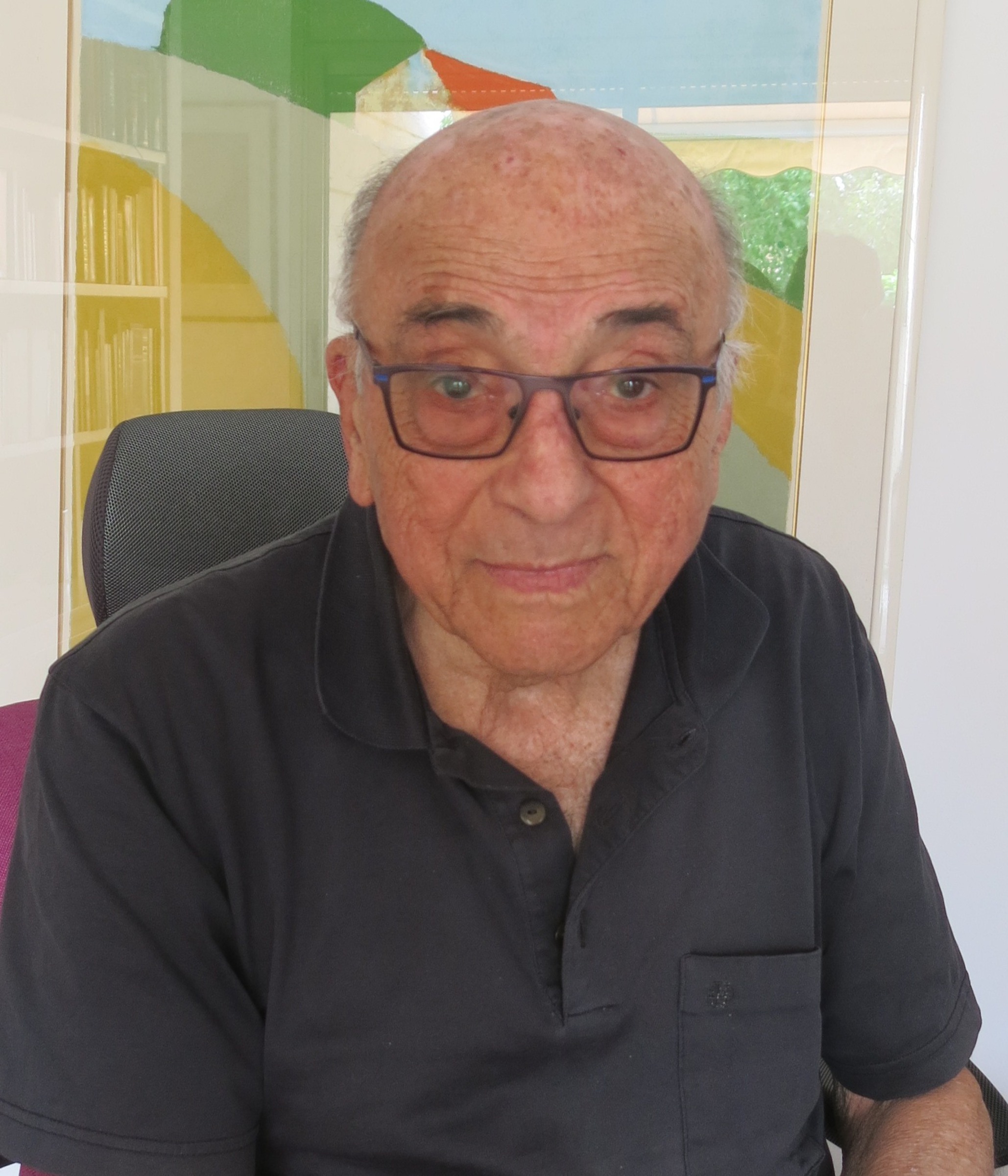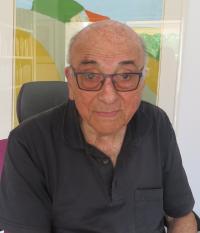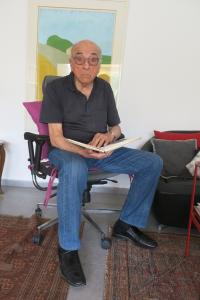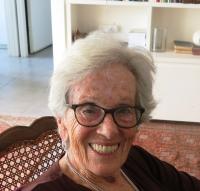We decided for the Zionist alternative

Download image
Giora Amir was born on August 2, 1928 in Prešov in Slovakia as Otto Špíra. He grew up in a Jewish orthodox family as the second of three children. His father traded in wood and his mother was a housewife. Otto attended elementary school and at the same time he studied at cheder, a Jewish religious school. He was a member of the Zionist movement Hashomer Hatzair, and his sister went with a Zionist group to the then Palestine in 1940. After the declaration of the Slovak State his father was granted the status of an economically useful Jew, which saved the family from the first wave of deportations in spring 1942. In the same year, fearing the renewal of deportations, his parents sent Otto and his younger brother to Hungary where the boys then lived until March 1944. Shortly after their return to Slovakia the whole family moved to Liptovský Mikuláš. After the defeat of the Slovak National Uprising they were hiding with other Jewish families in a forest bunker from October 1944 until February 1945. After the liberation they returned to Prešov where they witnessed an anti-Jewish pogrom in summer 1945. Otto became actively involved in the Zionist movement after the end of the war, and he was also helping to organize illegal emigration of Hungarian Jews to Palestine. In 1947 he studied in Prague at the Czech Technical University for one year and at the same time he was preparing for emigration to Israel where he then went with his parents in October 1949. He adopted new name Giora Amir. He was one of the founders of kibbutz Lehavot Chaviva, which he and his wife left three years later. He graduated from law at Hebrew University in Jerusalem and from 1958 he was working as a lawyer. At present he lives with his wife in a retirement home in Kfar Saba.


